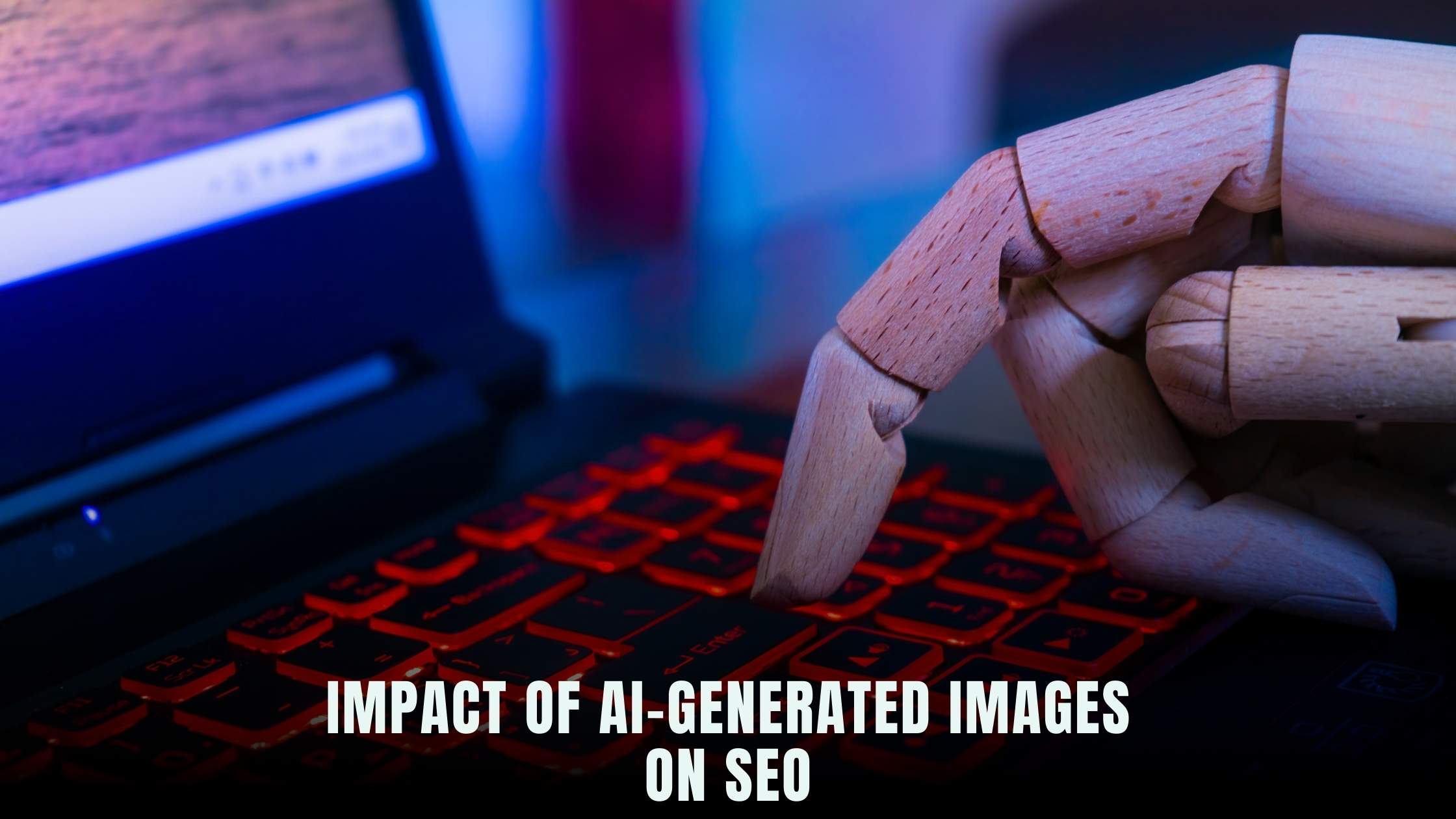Impact of AI-Generated Images on SEO: Insights
- AI Image Generators Software AI Writing Assistant Popular Tools AI Tools


In today’s digital landscape, the use of artificial intelligence (AI) is revolutionizing various aspects of online marketing, including search engine optimization (SEO). One area where AI is making a significant impact is in the generation of images for websites and content. In this article, we’ll delve into the implications of using AI-generated images for SEO and explore how they can influence search engine rankings and user experience.
Understanding AI-Generated Images
AI-generated images are visuals created using machine learning algorithms and neural networks. These algorithms analyze vast datasets of existing images to learn patterns and generate new images that mimic human-like features and characteristics. AI-generated images can range from photographs of non-existent landscapes to lifelike portraits of fictional characters.
Benefits of AI-Generated Images
- Customization: AI allows for the generation of images tailored to specific preferences and requirements, enabling businesses to create unique visual content for their websites and marketing materials.
- Efficiency: AI-generated images can be produced quickly and at scale, eliminating the need for manual creation or outsourcing to graphic designers.
- Cost-Effectiveness: By automating the image creation process, businesses can save time and resources, reducing the overall cost of content production.
- Consistency: AI ensures consistency in image quality and style, maintaining brand identity across various platforms and channels.
- Accessibility: AI-generated images can be optimized for accessibility features such as alt text, making them more inclusive and compliant with web accessibility standards.
Are AI-Generated Images Good for SEO?
The use of AI-generated images can have both positive and negative implications for SEO. Let’s explore how AI-generated images impact various aspects of SEO:
1. Visual Search Optimization
AI-generated images can enhance visual search optimization by providing relevant visual content that matches users’ search queries. Optimizing AI-generated images with descriptive filenames, alt text, and metadata can improve their visibility in image search results, driving organic traffic to the website.
2. User Engagement and Experience
High-quality, visually appealing images generated by AI can enhance user engagement and experience on the website. Engaging visual content can increase dwell time, reduce bounce rates, and improve overall user satisfaction, signaling to search engines that the website offers valuable and relevant content.
3. Unique Content Creation
AI-generated images enable businesses to create unique visual content that stands out from competitors. By incorporating original AI-generated images into web pages, blog posts, and social media posts, businesses can differentiate themselves in crowded online markets and attract more organic traffic.
4. Potential for Duplication Issues
One concern with AI-generated images is the potential for duplication issues, where similar or identical images are generated and used across multiple websites. Duplicate content can negatively impact SEO by diluting the website’s authority and relevance in search engine rankings.
5. Technical Considerations
From a technical standpoint, businesses must ensure that AI-generated images are properly optimized for web performance, including file size, format, and loading speed. Large or unoptimized images can slow down website loading times, affecting user experience and SEO performance.
Relevant SaaS Products for Image Optimization
To leverage AI-generated images effectively for SEO, businesses can utilize the following SaaS products for image optimization and management:
1. Canva
Canva offers a user-friendly design platform with AI-powered tools for creating visually stunning graphics and images. With customizable templates and easy-to-use editing features, Canva simplifies the process of designing and optimizing images for web and social media.
2. Adobe Photoshop
Adobe Photoshop is a powerful image editing software that includes advanced features for optimizing images for web use. From resizing and cropping to color correction and compression, Photoshop provides comprehensive tools for enhancing the quality and performance of AI-generated images.
3. ImageOptim
ImageOptim is a SaaS tool that optimizes images for web use by reducing file size without compromising quality. By compressing images using advanced algorithms, ImageOptim helps improve website loading times and SEO performance, especially for pages with large image content.
4. TinyPNG
TinyPNG is a web-based tool that uses smart compression techniques to reduce the file size of PNG and JPEG images. By optimizing image files for the web, TinyPNG helps businesses improve website performance and SEO rankings, particularly for pages with image-heavy content.
5. Subscribed.FYI Deals for Image Optimization Tools
For exclusive deals and discounts on image optimization tools like Canva, Adobe Photoshop, ImageOptim, and TinyPNG, businesses can explore Subscribed.FYI Deals. By signing up for free, users can unlock savings on SaaS products that streamline image creation, optimization, and management, ultimately enhancing their SEO efforts.
Conclusion
AI-generated images have the potential to revolutionize SEO by providing unique, engaging visual content that enhances user experience and drives organic traffic to websites. By leveraging AI-powered image optimization tools and adhering to best practices for image SEO, businesses can maximize the impact of AI-generated images on their SEO strategy, ultimately improving their online visibility and driving business growth.
Relevant Product Links:








